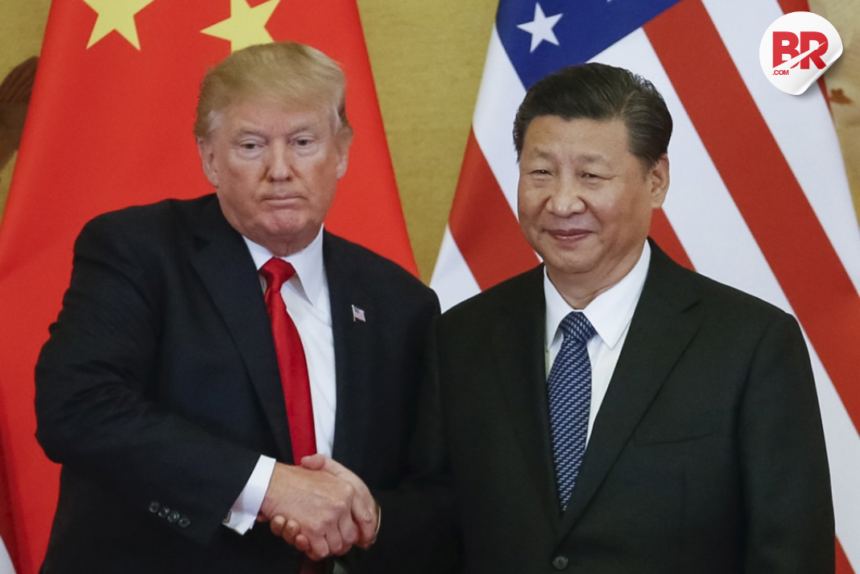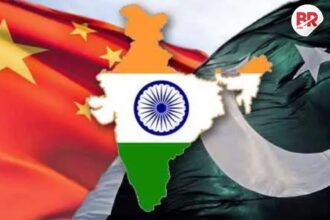
Senior U.S. officials will meet with Chinese delegates on Monday in London for the next round of US-China trade talks. This follows a “very positive” phone call between President Donald Trump and Chinese leader Xi Jinping on Thursday. Both sides aim to break the ongoing deadlock over tariffs and rare earth mineral supplies.
The U.S.-China trade relationship has been tense, with tariffs and export controls hurting industries on both sides.

But now, Trump says things could change. He tweeted that the upcoming London meeting “should go very well.” Treasury Secretary Scott Bessent, Commerce Secretary Howard Lutnick, and U.S. Trade Representative Jamieson Greer will represent the U.S. at the talks.
If these talks succeed, it could mean cheaper electronics, better car parts, and more stable supply chains for everyday products. Rare earth minerals are vital for many tech gadgets, electric vehicles, and even military gear. China’s earlier restrictions on these exports put U.S. manufacturers in a tough spot.
During the call, Trump said Xi agreed to restart exports of rare earth minerals and magnets, which China had slowed.
Also Read Trade War Truce? Not So Fast – China Keeps Choking Key Mineral Exports
This move could ease pressure on American companies. However, no official word has come from China yet to confirm this.
The hour-and-a-half conversation was a rare moment of warmth between two leaders locked in a trade war. The Chinese foreign ministry said Trump initiated the call and that Xi requested the U.S. to “remove the negative measures” it imposed. Meanwhile, Trump noted that the U.S. values Chinese students studying in America—despite ongoing visa tensions.
Trade talks often sound like boring suits in conference rooms, but this affects real people. When tariffs rise, prices go up, and your wallet feels the pinch. When supply chains break, store shelves can go empty or electronics get pricier.
Trump’s optimism might sound like a fresh breeze, but trade talks have had many ups and downs. Still, the shift to London signals a new chapter in this economic tug-of-war. Will they find common ground, or is this just another round in a long fight?
Also Read $113 Million Exit: Why This U.S. Giant Is Fleeing China’s Financial Battlefield












